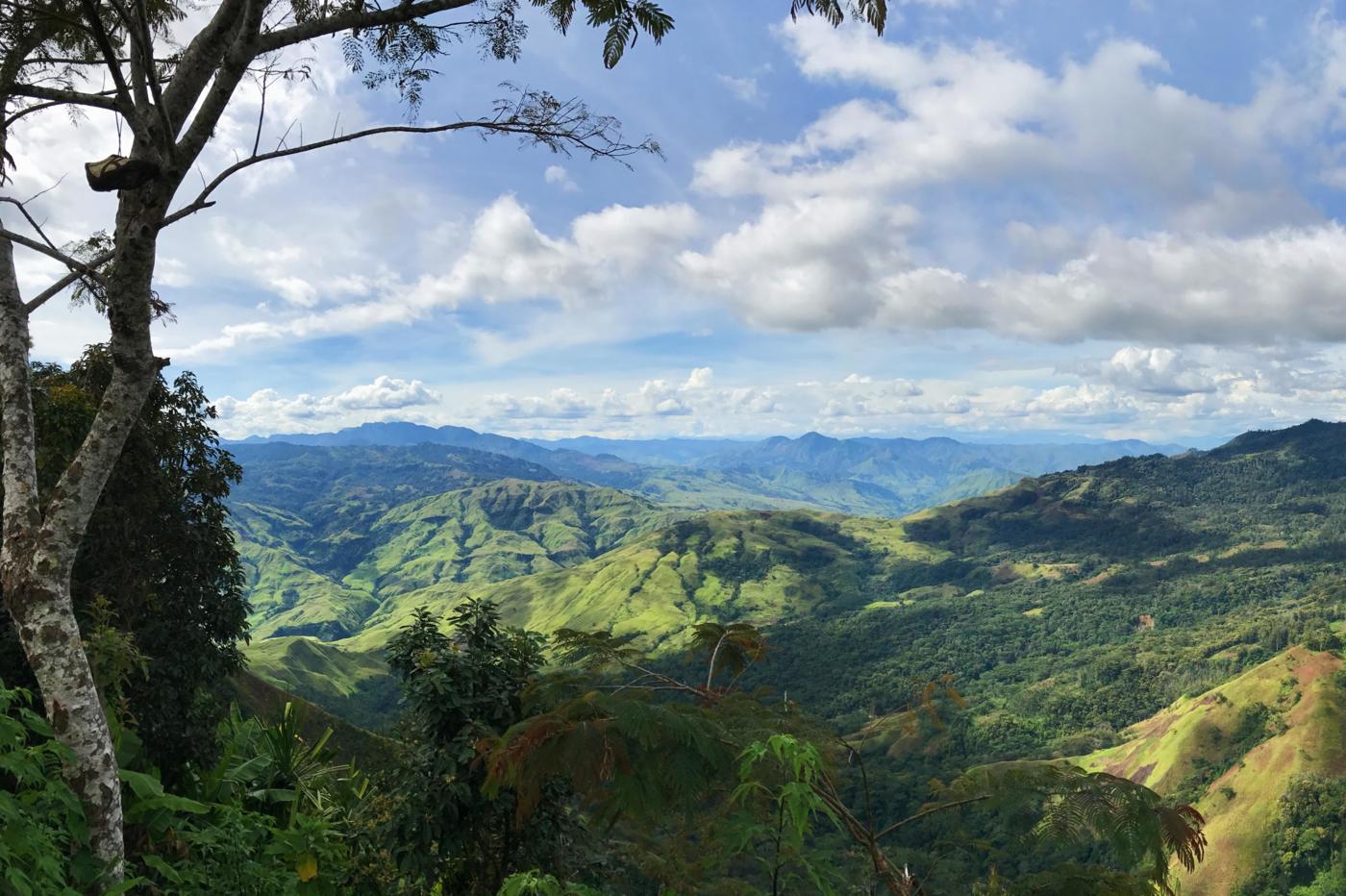
Project reference
19-0015-013-PNG-CSE-INTPA
Contract duration
2022 - 2023
Budget
347,633
Countries
Papua New Guinea
Keywords
Monitoring & Evaluation
Evaluation of European Union's Cooperation with Papua New Guinea (2014-2021)
The general objective of this evaluation was twofold. Firstly, to provide the relevant external co-operation services of the European Union (EU) and the wider public with an overall independent, evidence-assessment of the EU cooperation with the Independent State of Papua New Guinea (PNG) between 2014 and 2021. And secondly, to identify key lessons and to produce recommendations in order to inform the responsible decision makers on how to improve the current and future strategies, programmes and actions of the EU in PNG.
Its specific objectives were the following:
Its specific objectives were the following:
- To assess the performance (relevance, efficiency, effectiveness, coherence, impact, sustainability and EU added value) of EU support (policy dialogue and financial assistance); and
- To provide recommendations for the next programming period.